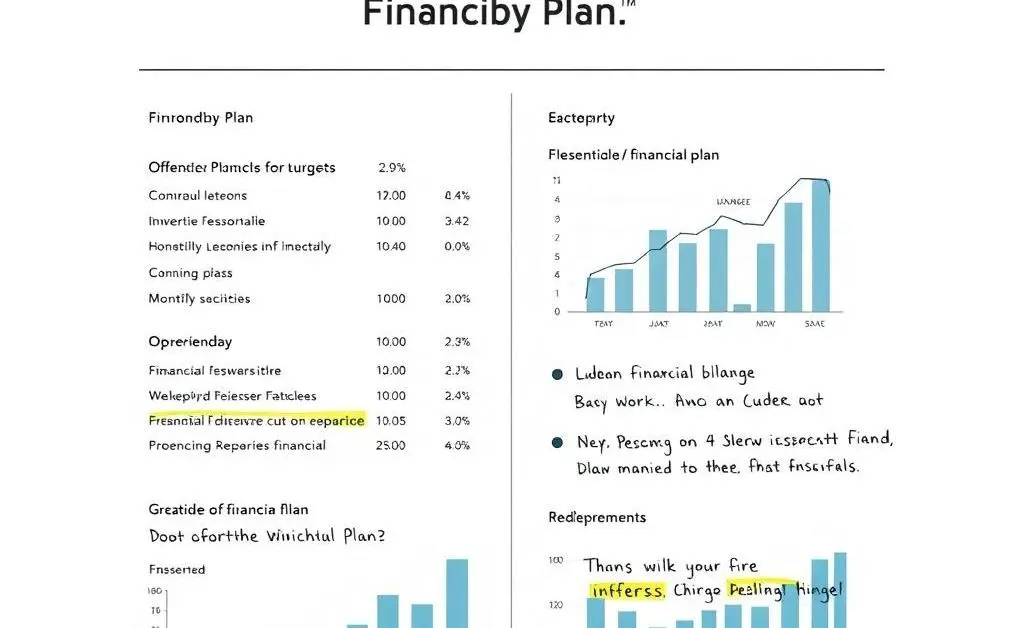Why Your Financial Advisor Might Recommend Investing Less
Discover insights on why investing less can sometimes be a wise choice.

Hey there! If you've found yourself scratching your head after a recent chat with your financial advisor, you're not alone. Imagine sitting down to discuss your future, only to be told it's time to throttle back on those investments you've been diligently making. It feels counterintuitive, right? Let’s explore why investing less isn't always a bad idea and might actually be beneficial for your financial health.
Should You Worry About Investing Less?
Initially, you might worry that scaling down your investments is akin to slamming on the brakes just when you're gaining momentum. But hold on a minute — there could be genuine reasons behind this advice. It's not always about how much you invest but how strategically you do it.

Understanding Financial Risk Tolerance
One of the key pointers your advisor might be considering is your risk tolerance. Investing is inherently risky. If certain investments are too volatile and causing you stress, it's worth re-evaluating. Stress can detract from a well-rounded life, so it's vital to balance your portfolio in a way that suits your comfort level.
Aligning Investments with Life Changes
Your personal circumstances might have shifted. Have you recently taken on a new job, or maybe welcomed a new family member? Life events can impact financial strategies significantly. It's essential to align your investment approach to reflect where you are now, not where you were when you first started your investment journey.
Is It About Diversification?
Diversification minimizes risk by spreading investments across different sectors. If you're putting too much into one basket, your advisor might suggest investing less but across a broader spectrum. This can mean reallocating funds rather than reducing the overall amount invested.

Do You Have Enough Emergency Savings?
Sometimes, the recommendation to invest less boils down to building a robust financial safety net. If all your funds are tied up in investments, you might be vulnerable during emergencies. Ensuring that you have a healthy savings buffer can provide peace of mind and stability.
Long-Term Financial Goals
Adjusting your investment flow can be part of a broader strategy. Short-term hiccups might lead to hefty long-term growth. Discuss how these changes fit into your future goals, and consider factors like retirement plans, kids’ education funds, or dream projects.

Finding Balance in Financial Planning
It's all about finding balance. While investing is crucial for long-term wealth accumulation, it's equally important to maintain liquidity and protect against unforeseen circumstances. Realign your strategy not only based on numerical growth but also based on what helps you sleep soundly at night.
In conclusion, while dialing back on investments might feel unsettling initially, remember that each step aims to strengthen your overall financial health. Keep open lines of communication with your advisor and trust the process. You know, at the end of the day, it's about building a financial plan that aligns with your life, dreams, and peace of mind.




